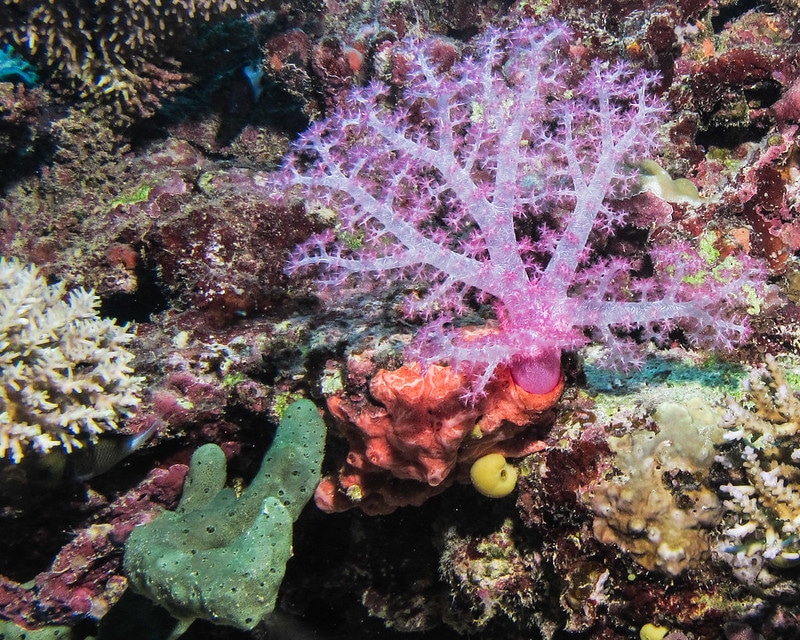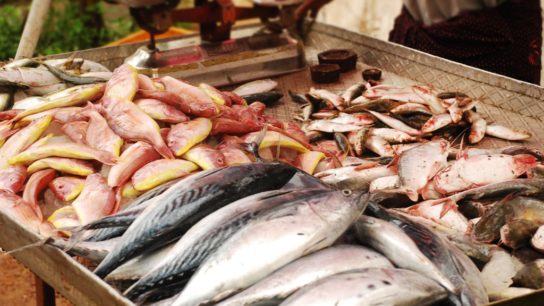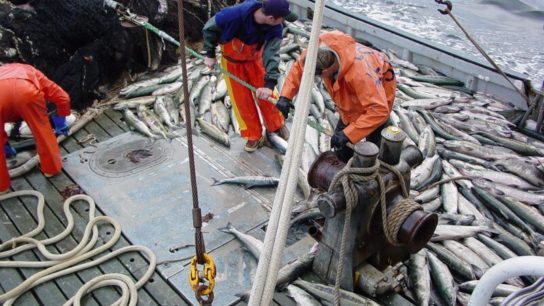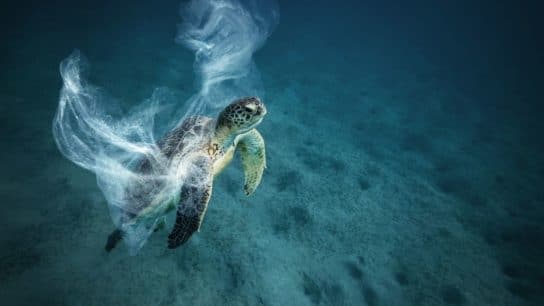In 2016, Tropical Cyclone Winston struck Fiji, where winds of up to 280 km/h claimed 44 lives, damaged or destroyed more than 40 000 homes and storm surges smashed reefs in their path. The cyclone devastated important colonies of corals off Fiji, but four years later, the reefs are alive again, teeming with fish and colour.
—
After the cyclone, which was the strongest cyclone to ever make landfall in the southern hemisphere, reefs across the Namena reserve and Vatu-i-Ra conservation park off Fiji were reduced to rubble. Winston caused US$1.4 billion in damage.
However, a recent dive expedition led by the Wildlife Conservation Society found that the coral had recovered beyond scientists’ expectations. Sangeeta Mangubhai, director of the Wildlife Conservation Society Fiji, told the Guardian, “I was surprised at how quick the recovery has been, especially at the Namena reserve. The fast recovery likely reflects these reefs have good natural recruitment and they are well managed. Coral reefs that were healthier [before a destructive event like a cyclone] are expected to recover a lot faster.”
You might also like: An Iceberg Bigger Than New York City Broke Off an Ice Shelf in Antarctica
Besides the young corals found, the WCS Fiji team found that fish had returned across all of the protected areas, even to parts of reefs where corals had yet to replenish themselves.
The Namena reserve and Vatu-i-Ra conservation park collectively cover nearly 200 sq km and encompass various marine ecosystems, including shallow reefs, deep water passages and small islands. The WCS works with the local iTaukei communities, who hold customary fishing rights over the Vatu-i-Ra and Namena areas, and has established reef management measures, including large “no-take areas” covering significant sections of highly biodiverse reef.
While these findings are encouraging, coral reefs around the world are increasingly under threat. As climate change advances, it is projected that there will be more intense tropical cyclones as well as warmer and more acidic oceans, causing coral bleaching and inhibiting their growth. To protect reefs and reverse their decline, more international cooperation is required, while local management, such as continued and enforced protection of areas, is a key tool in maintaining healthy reefs.
Featured image by: Flickr

















